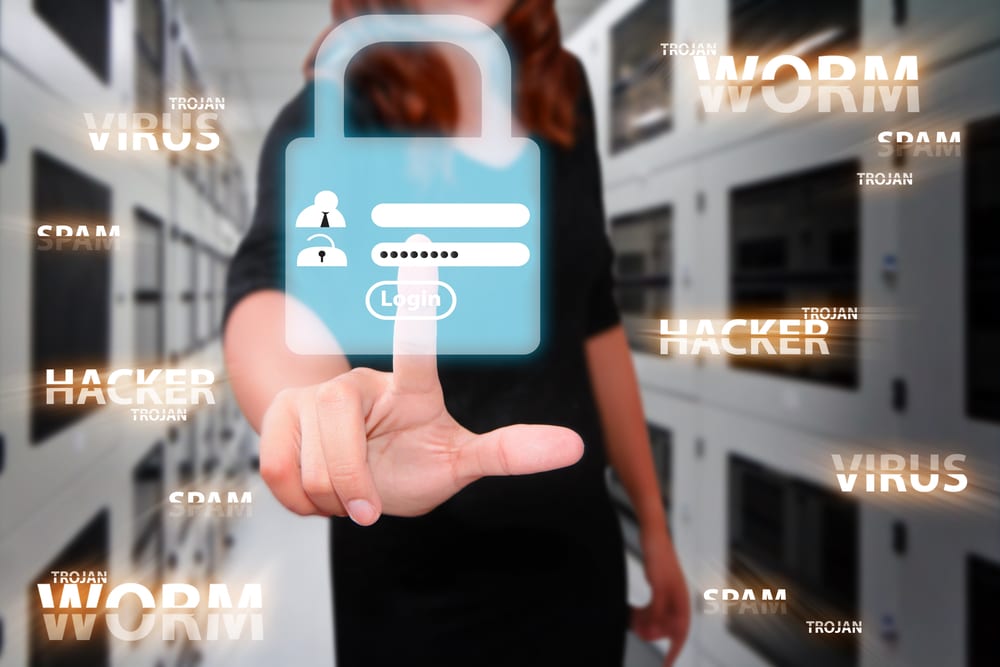Everyone is aware of the huge benefits that a home business brings, such as a relaxing work environment and zero commuting. The down side however, is that it is entirely up to you to make sure that the so-called boring stuff is dealt with too.
Top of the list is business security. Overlooking health and safety, insurance and cybersecurity has broken many otherwise excellent businesses. So make sure that you have a solid business security plan in place so that you can then keep your focus on business success and growth. Here is where to start:
The space around you
For anyone who works in an office, there is usually someone else who deals with all the health and safety compliance, but at a home business, it’s all down to you. Not that it’s particularly hard to understand, it’s simply an area which needs some thought to avoid accidents and damaged equipment. Placing expensive and fragile items close to doorways and windows on the ground level is a no-no, as these can be easily damaged either by clumsy humans or the natural elements.
As well, never take a “should be okay” stance on whether a table or shelf is strong enough to support equipment – ensure it’s a “definitely will be fine” stance. Finally, make sure any electrical items, outlets, or cables aren’t within range of potential spillages, such as right next to your desk, as fire is a big threat you’ll need to be aware of. See here for more details of health and safety for your home business.
Security features: locks and surveillance
You might feel that as your business isn’t Apple or Sony, then no one will want to steal anything, but don’t be fooled. You’re a business which still has legal requirements to safeguard customers’ information, so this is not an area to skimp on. Sturdy locks on cabinets and doors are a given, but security cameras should ideally be installed in strategic locations, preferably inside and outside your home business. Look into setting up security cameras, as a deterrence to potential thieves.
Different types of insurance
While insurance is never the most fun thing to discuss, it is arguably the most important. Public liability insurance is critical if you have business visitors to any degree. And if you have employees you will need to take out employee liability insurance, as well as setting up a pension scheme.
If you run a consultancy business from home then you should make sure that you are fully covered for giving professional advice, with professional indemnity insurance.
Insurance can be a complicated area and it is important to make sure that you are fully covered for the type of business you are in. Talk to a specialist broker and get some quotes.
Cybersecurity measures
In the event of hardware damage, software malfunction, viruses, or even hacking, every small business should consider cloud services in order to back up data. As online criminals are a very real threat in our day and age, taking the right precautions to save your own skin and your customers’ data is imperative. Cloud backup options like IDrive, Acronis, and Carbonite all come highly recommended.
Other cybersecurity methods include not giving out details to strangers (especially when you’re not expecting a payment) on the phone or via email, even if they say that they are from a bank or tax office. Unique passwords for all your accounts are necessary and should be changed every three months or so – you could use a vault password manager like Keepersecurity to help keep track of passwords. Ransomware is unfortunately quite common even for small businesses, so never make it easy for hackers.
Taking all these preventive steps might seem like a lot of effort right now, but they could just save your business in the long run.

